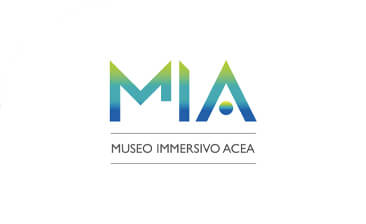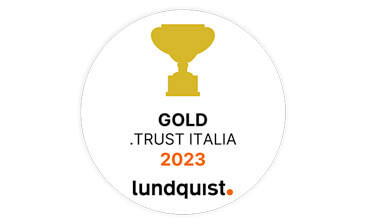The project, aiming to make the energy grid increasingly smart, has been selected for european funding
Areti, in partnership with the Campidoglio and the Roma Tre University, will start the experimentation for flexible consumption in one of the first energy communities established under the Roma Capitale CE plan
Acea was awarded European funding for a project to develop and test a cutting-edge technological solution in Rome. The solution will enable flexible mechanisms for the electricity consumption of Energy Communities, known as 'Hedge IoT'. Acea is part of a transnational consortium of 44 partners from leading European research institutions and companies. The results of this experiment will be crucial to the Roma Capitale energy community project and its pursuit of energy and social objectives.
Lead Partner is Areti Spa, which will work together with Roma Capitale, ’Roma Tre University and Acea Energia. The project, starting in these days, will last four years. "Hedge IoT" aims to enable and utilise the energy flexibility potential of various sources, including heat pumps, emergency generators, cogeneration units, and electric vehicle charging stations. It also allows for participation in the optimal operation of the distribution network by providing ancillary services to the local distributor, particularly the RomeFlex market for local flexibility services implemented by GME and Areti. Additionally, it facilitates the sharing of any surplus energy generated but not self-consumed with a group of vulnerable consumers at high risk of energy poverty.
Roma Tre University, in collaboration with Municipality VIII, has established the Energy Community. Roma Tre University, which already serves as a balancing service provider, has won a significant share of electricity in the first RomeFlex forward auction held last November. As part of the Italian 'Hedge IoT' project, Roma Tre University will become a de facto flexibility service provider. Decentralised renewable generation plants will be built at Roma Tre University, connected to smart storage systems that can optimise local energy consumption. The infrastructure will be equipped with IoT technologies capable of detecting real-time production and consumption behaviour. This data will be fed into the Energy Community's management software platforms, which will aim to maximise the Community's energy efficiency and communicate with the Rome electricity grid, managed by Areti, to utilise surplus energy in the local flexibility market. On the other hand, Roma Capitale will oversee all aspects of socialisation and redistribution of the surplus energy value generated by Roma Tre University. They will also initiate efforts to replicate the solutions developed in other Energy Communities currently being implemented in the capital. The Roma Tre University will be one of the first Energy Communities established under the Roma Capitale CE Plan.
Discover the latest news and initiatives of the Acea Group

Acea for World Energy Saving Day

Visit the virtual museum about the history of the Acea Group

The channel for the commercial requests on land urbanisation

Acea turns the spotlight on the Rome Film Festival 2023

Acea is in the "Gold class" in the .trust research

Read more about our culture of inclusiveness